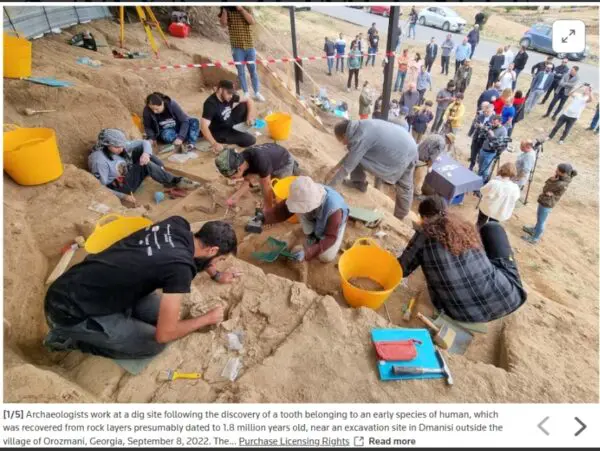
Wroclaw, Germany
In Between? Summer School 2025
When:
21 August - 31 August 2025
Credits:
0 EC
Read more
Anthropology
When:
25 September - 01 October 2022
School:
Institution:
Ca' Foscari University of Venice
City:
Country:
Language:
English
Credits:
0 EC

The vast historical-geographical region of the Hindukush-Karakoram, extending, with its immediate surroundigs, over present day Afghanistan, Pakistan, India, Tajikistan and China, can be defined as a mountainous “heart of connections” of the Eurasian landmass: a unique cluster of high-altitude ecosystems thriving, along the ages, with an unparalleled diversity of local languages and cultures and traversed by the material and immaterial vestiges of Asia’s main civilizations.
At the crossroads of the Iranian, Indian, Tibetan and Central Asian spheres, the diverse cultural ecologies of the Hindukush-Karakoram have been shaped by the pivotal, transformative interactions between its peculiar environmental landscapes and a wide array of competing languages, scripts, agro-pastoral methods, conceptions of nature, religious traditions, architectural practices, ideas of the body, military conventions, power structures, forms of knowledge, hunting techniques and so on.
From the expansion of Buddhism and Islam to the colonial wars and well into the contemporary geopolitical tense uncertainties, mountains, valleys, rivers, forests, animals, grazing lands etc. have been obviously crucial in determining change, resistance and cultural transmission.
From this point of view, so to say, philology can be translated here as phitology or phisiology (and of course vice-versa), with no contrast whatsoever: every scholarly reading of the region can’t but consider the specific mechanisms through which nature and culture are reciprocally shaped and determined, be it a Kharoshti rock inscription, a traveling Buddhist philosophical text, a wooden mosque or a high-altitude Nuristani pasture.
Prof. Olivieri and Prof. Pellò
Master students and PhD students
The aim of our summer school is, thus, to bring together some of the most important scholars of the region in order to work, for one week full-time, on the multilingual eco-cultural landscapes of Hindukush-Karakoram with a selected group of brilliant students, in a multidisciplinary, chronologically open perspective. We wish to explore geographies, peoples, texts, languages, iconographies etc., freely ranging from archaeology to anthropology, from epigraphy to the history of medicine, in order to learn how to read the constructions, perceptions, and use of the natural spaces in and around one of the culturally densest borderlands of Asia. The summer school will also introduce students to the rich epigraphic heritage of the region, guiding them to discover “nature” inscribed in nature.
Students will of course be asked to actively participate both to readings and discussions, with dedicated presentations and follow-up materials, in a true “retreat” atmosphere.
When:
25 September - 01 October 2022
School:
Institution:
Ca' Foscari University of Venice
Language:
English
Credits:
0 EC

Wroclaw, Germany
When:
21 August - 31 August 2025
Credits:
0 EC
Read more

Antwerp, Czechia
When:
21 July - 25 July 2025
Credits:
1 EC
Read more

Tbilisi, Georgia
When:
07 July - 28 September 2025
Credits:
0 EC
Read more